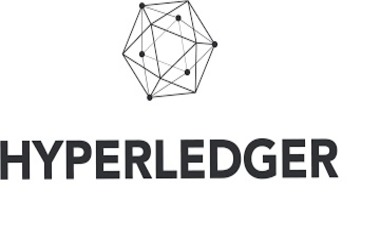
A new series of performance improvements improved the data volume that the blockchain — used mostly by financial institutions, IT giants, and engineering firms— can handle. Where it previously maxed out about 3,000 TPS, researchers say they managed to hit 20,000 TPS.
Research at the university centered on enhancing “end-to-end transaction throughput” by revamping Fabric’s ordering service, transaction service, and data processing layer.
This implies the blockchain is far more useful for “fast-run sectors like e-commerce.” Christian Gorenflo, one of his PhD candidates, described:
“Our modifications are completely under-the-hood. Fabric’s application programming interfaces and modularity stay intact, so existing applications work just as before.”
Over 500 Hyperledger Fabric-based programs are at different stages of worldwide installation— from safeguarding land databases to monitoring diamond shipments to monitoring the origin of agricultural products. Hyperledger Fabric’s other well-known apps include IBM’s Food Trust, which utilizes blockchain to make food supply chains secure and more viable.
Professor Lukasz Golab said the scientists are now discussing with main contributors to Fabric, who would like to embrace their optimization techniques in upcoming releases. Golab portrayed response as quite positive. Professor Srinivasan Keshav described that the group is currently bent on to develop additional optimizations that might take the potential of Hyperledger Fabric to 50,000 TPS. The Hyperledger community grew rapidly.
Intel introduced a commercial package in February via the ecosystem. The package is engineered for companies to deploy their own blockchain effectively and efficiently. The research teams also highlighted several routes for future projects, which along with the optimization they suggest can hasten Hyperledger Fabric to 50,000 transactions per second.
FastFabric: Boosting Hyperledger Fabric to 20,000 Transactions per Second, penned by Waterloo’s Faculty of Mathematics Researchers Gorenflo and Keshav, Golab Faculty of Engineering and University of Massachusetts PhD candidate Stephen Lee, will be presented at the 2019 IEEE International Conference on Blockchain and Cryptocurrency later this month.
Italy’s postal service, Poste Italiane, signed up in January joining the ranks of America’s FedEx, which declared the technology had “great, major implications” for supply chains and freight. IBM uses its Hyperledger-based blockchain platform to enhance mining supply chain administration and guarantee that commodities like cobalt are purchased in a responsible manner.